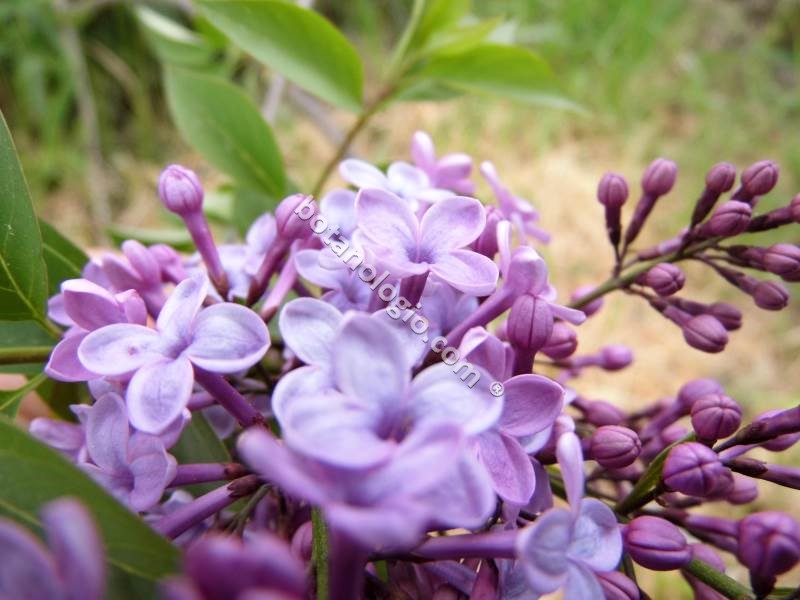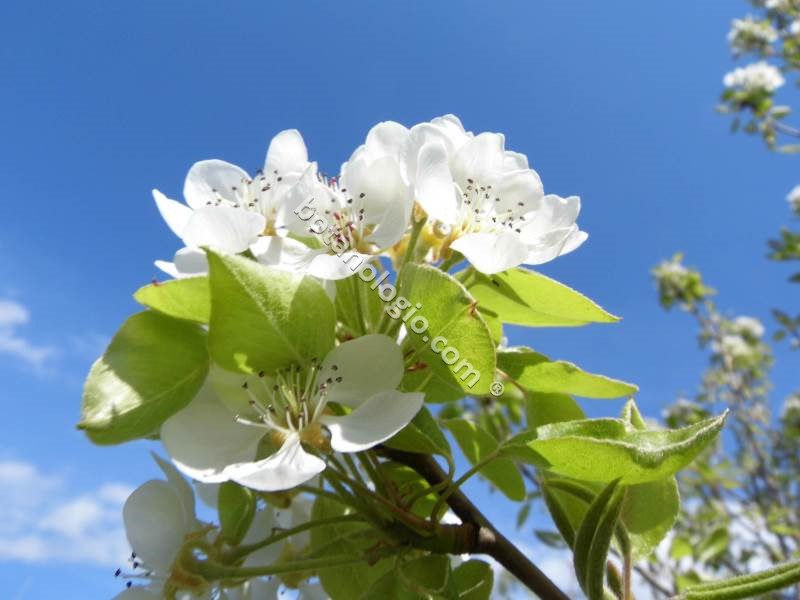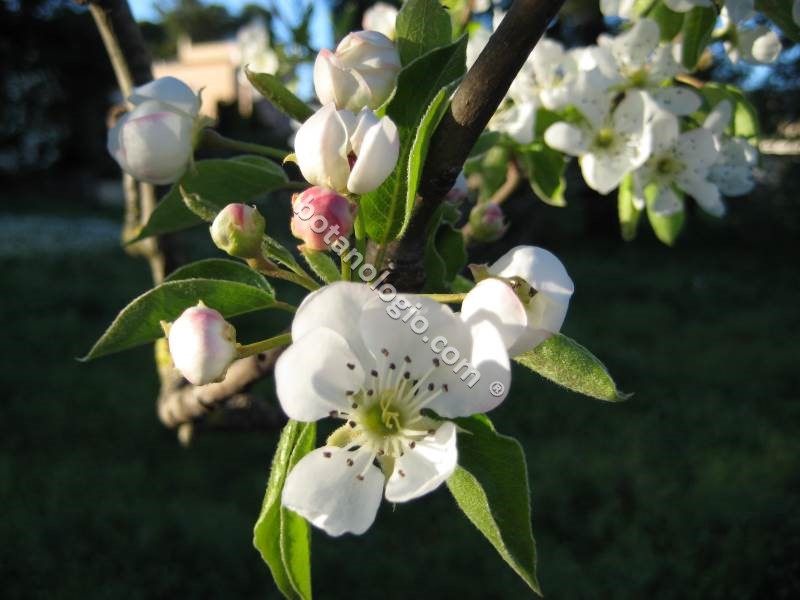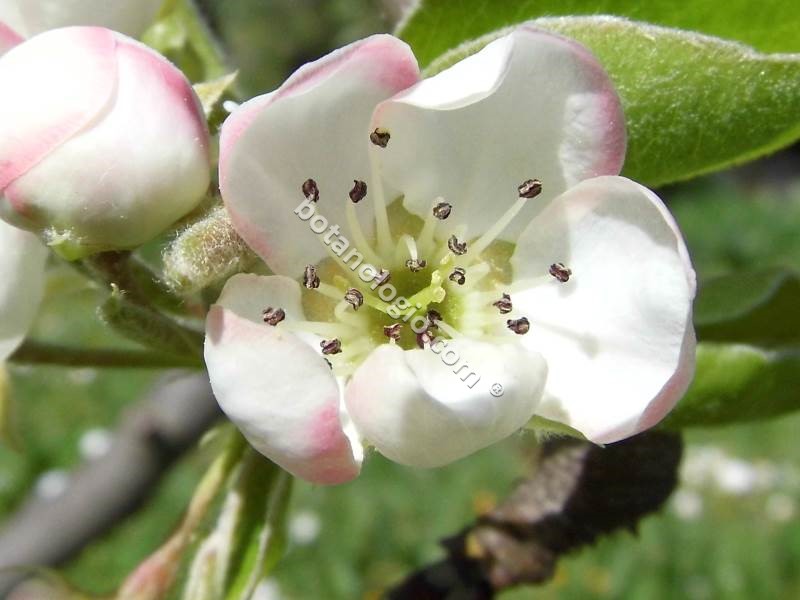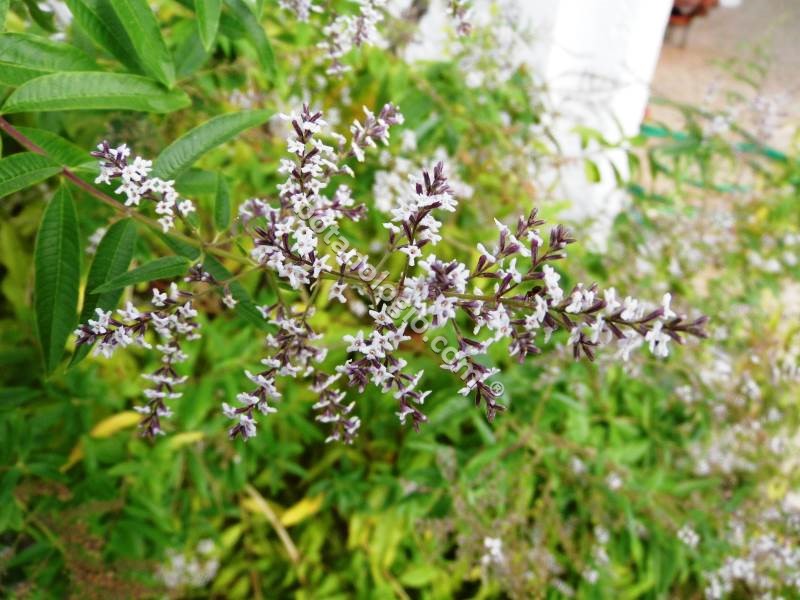Herbs during Pregnancy

During pregnancy, expectant mothers always try and want to have the best possible diet to provide nutrition to their baby. At the same time, during these nine wonderful months, there are changes in the behavior of the body that we want to prevent and deal with, such as fluid retention, nausea, dilation of blood vessels, heartburn, weakness and irritability.
The natural way of dealing with it may be the best, but it always carries risks if it is not done with the appropriate study and knowledge. There are many herbs that have strong abortifacient components, and through stimulation of the uterus cause miscarriage. Some of them we even use in our daily diet.
Below we will refer to the herbs that are allowed but also to those that are forbidden during pregnancy and breastfeeding.
The herbs that are allowed during pregnancy are:
Chamomile for relaxation, but needs attention when breastfeeding because the milk stops. Nettle treats fluid retention and stimulates blood flow, as does dandelion. For the treatment of edema during pregnancy, spinach and arugula are also helpful and safe, as well as they are rich in minerals and trace elements, protecting and strengthening the body.
Althaea has emollient effects for a sore stomach and heartburn, while melissa adequately hydrates the body.
Almond oil is ideal for moisturizing sensitive skin during pregnancy, as it is thin and very friendly to the skin without causing irritation. The same goes for coconut oil and shea butter.
The herbs that are allowed with care & in small quantities are:
Oregano, however, needs a lot of attention because in large quantities it stimulates the uterus, ginger which has the same danger but in small quantities relieves nausea of pregnancy and bilberry which constricts the dilated vessels from the weight that the legs receive during fetal development. Protects against varicose veins and swelling of the feet but should be consumed in small quantities.
Herbs whose use is prohibited during pregnancy:
First of all, the natural abortive ones, such as parsley, dittany, mandrake, all kinds of artemisia (you will understand and locate the artemisia species better by looking for their Latin name that always contains “artemisia”), the aloe and the purslane which needs attention its use in pregnancy. Ephedra, cedar and cypress are also prohibited during pregnancy.
All menopausal, uterine stimulants and herbal hormone regulators are prohibited during pregnancy. Some of them are chaste tree (during breastfeeding too), sage, dill, licorice, lemon verbena, yarrow, hydrastis and comfrey.
Cardamom, saffron, fennel, cinnamon and rosemary in large quantities can cause miscarriage.
Herbs related to breastfeeding:
Regarding breastfeeding, they are allowed and promote the production of milk, anise, fennel, basil, thistle, melissa, nettle, cumin, fenugreek and of course brewer’s yeast. These, of course, after childbirth.
Consumption of sage, chamomile, mint and fragrant virgin’s bower has opposite effects where the milk stops. It is forbidden to use herbs that regulate hormones during breastfeeding, such as chaste, sage and marjoram. Hormones pass into the baby’s body through breastfeeding.
Be careful when consuming herbs for breastfeeding, because overdose will cause hypersecretion of milk and mastitis. As with all herbs, there must always be moderation and attention to any sensitivity to any of the above herbs.
aloe, bilberry, breastfeeding, breastfeeding herbs, cedar, dittany, ephedra, fenugreek, greek herbs, herbs, herbs for fluid retention, herbs for heartburn, herbs for mastitis, herbs for milk secretion, herbs for nausea, herbs for varicose veins, herbs for vasodilation, lemon verbena, mandrake, milk thistle, pregnancy herbs, purslane, wormwood

